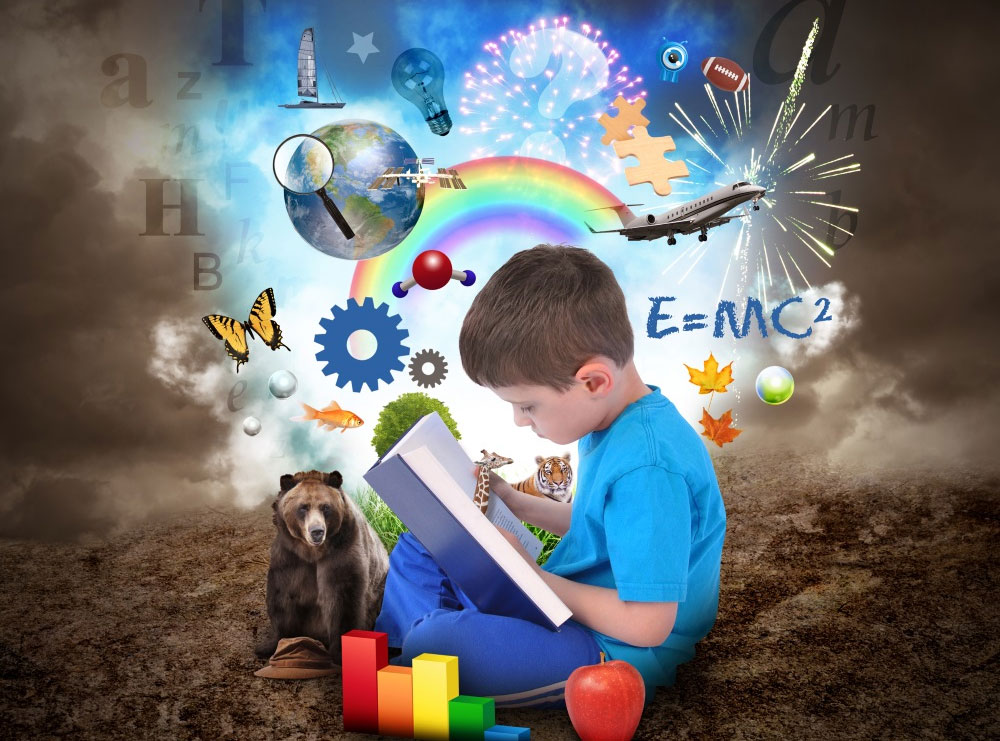Understanding the Inner Wounds
You need to dig deep and uncover the root causes of your inner wounds in order to heal and move forward. Healing trauma and achieving emotional healing requires a thorough understanding of the origins of your pain. It may be uncomfortable to confront the past, but it’s essential for your growth and well-being. Trauma can manifest in various ways, affecting our thoughts, emotions, and behaviors. By exploring the events and experiences that have caused you pain, you can begin to untangle the complex web of emotions that may be holding you back. Understanding the triggers and patterns associated with your trauma allows you to develop coping mechanisms and strategies to overcome them. Emotional healing is a journey that requires patience, self-compassion, and the support of others. As you delve into the depths of your inner wounds, remember to be kind to yourself. Seek professional help if needed and surround yourself with a strong support system.Healing Through Self-Reflection
Take the time to engage in self-reflection to uncover the inner wounds that may be hindering your healing journey. Self-discovery and introspection are powerful tools that can help you navigate through the depths of your emotions and experiences. By delving into your inner world, you can gain a better understanding of the wounds that have shaped you and begin the process of healing. Here are three strategies to facilitate healing through self-reflection:- Practice mindfulness: Cultivate a non-judgmental awareness of your thoughts, feelings, and sensations. Pay attention to your inner dialogue and observe any patterns or triggers that arise.
- Journaling: Write down your thoughts, emotions, and experiences. This can help you gain clarity, process your feelings, and identify recurring themes or unresolved issues.
- Seek support: Engage in therapy or talk to a trusted friend or family member. A supportive and compassionate listener can provide valuable insights and guidance on your healing journey.
Embracing Vulnerability and Authenticity
In the process of self-reflection, it’s important to delve into your inner world and explore the depths of vulnerability and authenticity. Embracing vulnerability is a courageous act that allows you to let go of the fear of judgment and open yourself up to meaningful connections and personal growth. By accepting and embracing your vulnerabilities, you create an authentic space within yourself where you can truly be yourself. Authentic living, on the other hand, is about aligning your actions, values, and beliefs with your true self. It requires self-awareness, self-acceptance, and a willingness to be vulnerable. Living authentically means honoring your own needs and desires, while also being honest and transparent with others. It’s a journey that requires self-exploration, self-compassion, and a commitment to personal growth.Cultivating Self-Compassion and Forgiveness
Cultivating self-compassion and forgiveness is crucial for your emotional well-being. By showing kindness and understanding towards yourself, you can heal wounds and nurture self-acceptance. Additionally, forgiveness allows you to let go of resentment and move forward, freeing yourself from the weight of past hurts and fostering personal growth.Importance of Self-Compassion
You should start by acknowledging the importance of being self-compassionate towards yourself. It’s crucial to prioritize your own well-being and treat yourself with kindness and understanding. Self-compassion is a key aspect of self-care practices and plays a vital role in your self-acceptance journey.- Practice mindfulness: Engage in activities that bring you joy and help you stay present in the moment. This can include meditation, journaling, or engaging in hobbies.
- Challenge negative self-talk: Be aware of your inner critic and replace negative thoughts with positive affirmations. Remind yourself of your worth and value.
- Practice self-forgiveness: Let go of past mistakes and embrace self-forgiveness. Understand that everyone makes mistakes and use them as learning opportunities for growth.
Benefits of Forgiveness
Your understanding of the benefits of forgiveness and its impact on your well-being can lead to a healthier and more fulfilling life. Forgiveness is a powerful tool that can bring healing through acceptance and release of resentment. When you choose to forgive, you free yourself from the burden of holding onto negative emotions. By releasing resentment, you create space for positive emotions such as compassion, empathy, and love. Forgiveness allows you to let go of the past and focus on the present, promoting personal growth and inner peace. It can improve your relationships, as it fosters understanding, empathy, and connection. Additionally, forgiveness has been linked to reduced stress levels, improved mental health, and increased overall well-being. Embracing forgiveness as a way of life can truly transform your outlook and pave the way for a happier and more fulfilling future.Building a Supportive Network
Building a supportive network is crucial for your emotional well-being as it allows you to trust in others and nurture meaningful connections. Having a reliable support system can provide you with a sense of security and comfort, knowing that there are people who genuinely care about your well-being.Trusting in Others
Take a leap of faith and open up to the possibility of relying on others for support and guidance during difficult times. Healing through vulnerability and building trust are essential components of personal growth and emotional well-being. Here are three reasons why trusting in others can be transformative:- Increased emotional support: Sharing your struggles and vulnerabilities with trusted individuals can provide a sense of relief and comfort. By allowing others to support you, you create a safe space to express your emotions and receive validation, empathy, and understanding.
- Different perspectives: Trusting in others opens up the opportunity to gain new insights and perspectives. By seeking guidance from those who’ve experienced similar challenges or possess valuable expertise, you can broaden your understanding of the situation and explore alternative solutions.
- Strengthened connections: Building trust with others fosters deeper connections and meaningful relationships. Through vulnerability, you create an environment of authenticity and mutual understanding, strengthening the bonds with those who genuinely care about your well-being.
Nurturing Emotional Connections
You can deepen emotional connections by reaching out and connecting with others on a deeper level. Building healthy relationships requires emotional intelligence, which involves understanding and managing your own emotions as well as recognizing and empathizing with the emotions of others. By developing your emotional intelligence, you can create stronger and more meaningful connections with those around you. One way to nurture emotional connections is by actively listening to others. This means giving your full attention, showing empathy, and responding in a supportive manner. By doing so, you validate their emotions and make them feel heard and understood. Another important aspect is expressing vulnerability. Opening up about your own emotions and experiences can encourage others to do the same, fostering a sense of trust and intimacy. This vulnerability creates a safe space for emotional connection to flourish. Lastly, practicing gratitude and appreciation can strengthen emotional bonds. By expressing gratitude for someone’s presence, efforts, or qualities, you show that you value and cherish them. This fosters a sense of connection and deepens emotional ties.Exploring Therapeutic Modalities
Start exploring different therapeutic modalities that can help you heal and restore your inner self. When it comes to addressing the wounds of the past and nurturing your emotional well-being, there are various alternative therapies and mind-body techniques that can provide profound healing. Here are three modalities worth considering:- Art Therapy: Engaging in artistic expression allows you to tap into your subconscious mind and express emotions that may be difficult to put into words. Through painting, drawing, or sculpture, you can explore and process your innermost thoughts and feelings in a safe and non-judgmental space.
- Meditation: This practice involves focusing your attention and eliminating the stream of thoughts that can be overwhelming. By integrating mindfulness and meditation into your daily routine, you can cultivate a sense of calm, reduce stress, and gain insight into your inner self.
- Energy Healing: Utilizing techniques like Reiki or acupuncture, energy healing works on the principle that disturbances in our energy field can have a direct impact on our physical, emotional, and mental well-being. By rebalancing and clearing energy blockages, these modalities can promote healing and restoration on multiple levels.
Practicing Mindfulness and Meditation
When it comes to nurturing your emotional well-being, integrating mindfulness and meditation into your daily routine can cultivate a sense of calm and provide insight into your inner self. Mindful living is about being fully present in the moment and paying attention to your thoughts, feelings, and sensations without judgment. By practicing meditation techniques, such as focused breathing or body scans, you can train your mind to become more aware and focused. This can help reduce stress, improve concentration, and enhance self-awareness. Mindfulness and meditation have been shown to have numerous benefits for mental health, including reducing anxiety and depression symptoms.Engaging in Creative Expression
- Engaging in creative expression can help you uncover hidden emotions and experiences.
- It can also help you develop a deeper self-awareness.
- Creative expression can provide solace and comfort in the artistic process.




